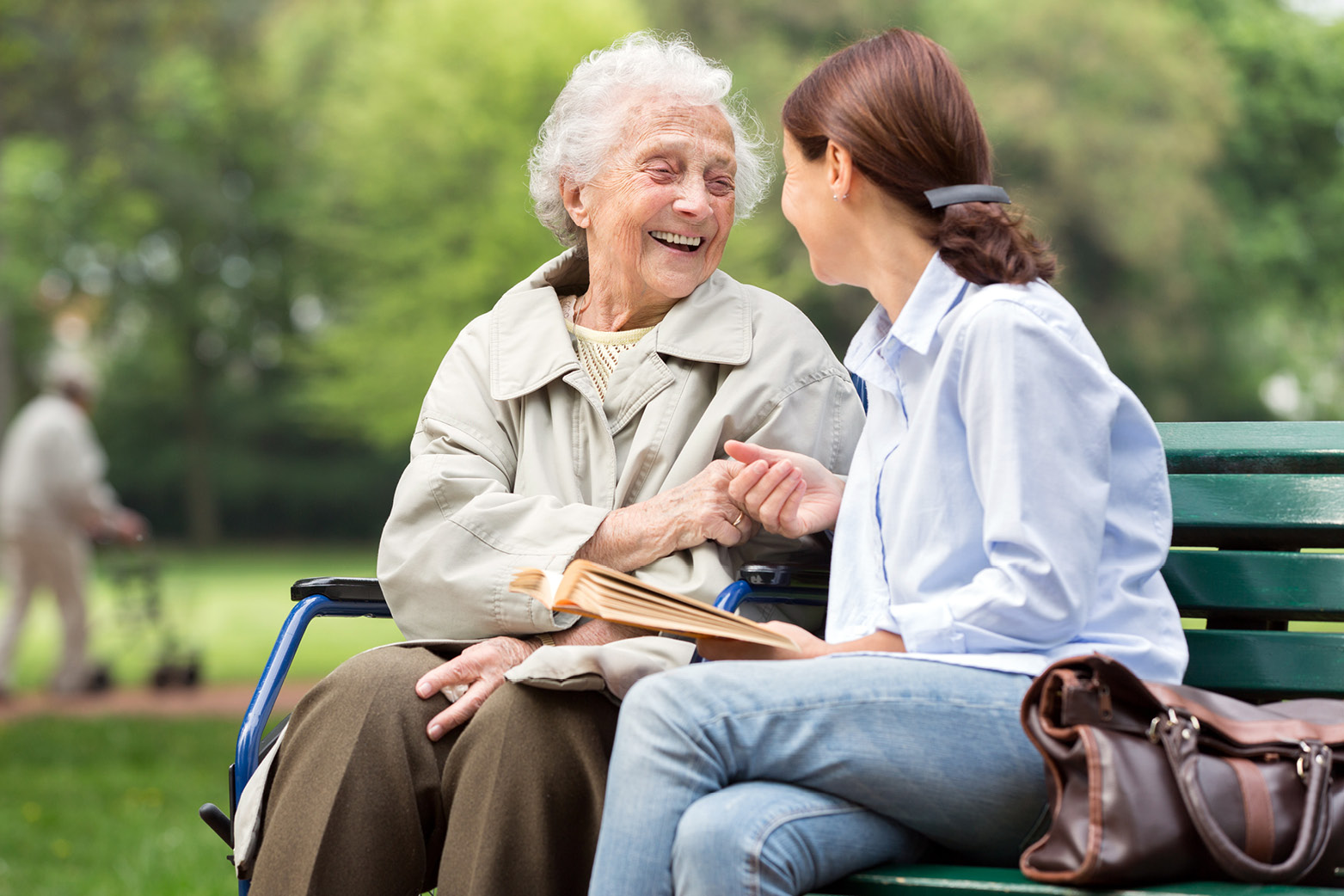Do you want to live to 100?

Professor Henry Brodaty AO, CHeBA Co-Director and Montefiore Chair of Healthy Brain Ageing, explains how centenarians can teach us the secrets to longevity.
Many of us have long wondered about the secrets to a healthy, long life. Some seek to achieve this by taking pills, some look for the elixir of youth or even arrange injections of embryonic cells. Another way to uncover these secrets is to consider people who have lived successfully to very old ages. Dan Buettner published a story in November 2005 in National Geographic on five areas in the world, call Blue Zones, that have high concentrations of centenarians: Sardinia in Italy, Ikaria in Greece, Okinawa in Japan, Nicoya in Costa Rica and Seventh Day Adventists in Loma Linda, California. In Okinawa, the number of centenarians increased from 30 in 1975 to 1000 in 2016. More than one third function independently. Okinawans grow much of their own food and eat a lean diet with fewer calories, featuring vegetables, tofu, miso soup and a little fish or meat.
They live by the Confucian-inspiredadage: eat until your stomach is 80% full. Their gardens are like cabinets full of preventative medicine with herbs, spices, fruits, vegetables, Chinese radishes, garlic, turmeric, tomatoes and cabbage. Greek centenarians were more likely to engage in daily physical activities, have healthy eating habits, avoid smoking, socialise frequently, have midday naps and have low rates of depression, (Panagiotakos, 2011).
Like Buettner’s findings another study of living longer by George Valliant in the American Journal of Psychiatry (2001), this time in male Harvard graduates, described seven protective factors. These were not smoking; having an adaptive coping style; the absence of alcohol abuse; maintaining a healthy weight; a stable marriage; regular exercise; and more years of education.
As you can see these lists have a lot in common and make sense intuitively. Importantly, consider the broader question: Do you want to live to 100? Many people say no, presumably because they fear a lonely old age of decrepitude and dependence on others. Many people say yes, but only if they have good health,independence, friends, family and life purpose. CHeBA’s Sydney Centenarian Study of more than 400 people in Sydney aged 95-107, gives hope. Half the people did not have dementia and half were living at home in the community. There is much we can do to take control of how long, and how well, we live. Of course ancestry plays a large part. We cannot overcome our genes, but we can influence how they’re expressed, so-called epigenetics. The rest is up to us.
Read more about our research partnership with CHeBA.
Stay up to date
Subscribe to our newsletter to discover more about Montefiore
Edit Form Title